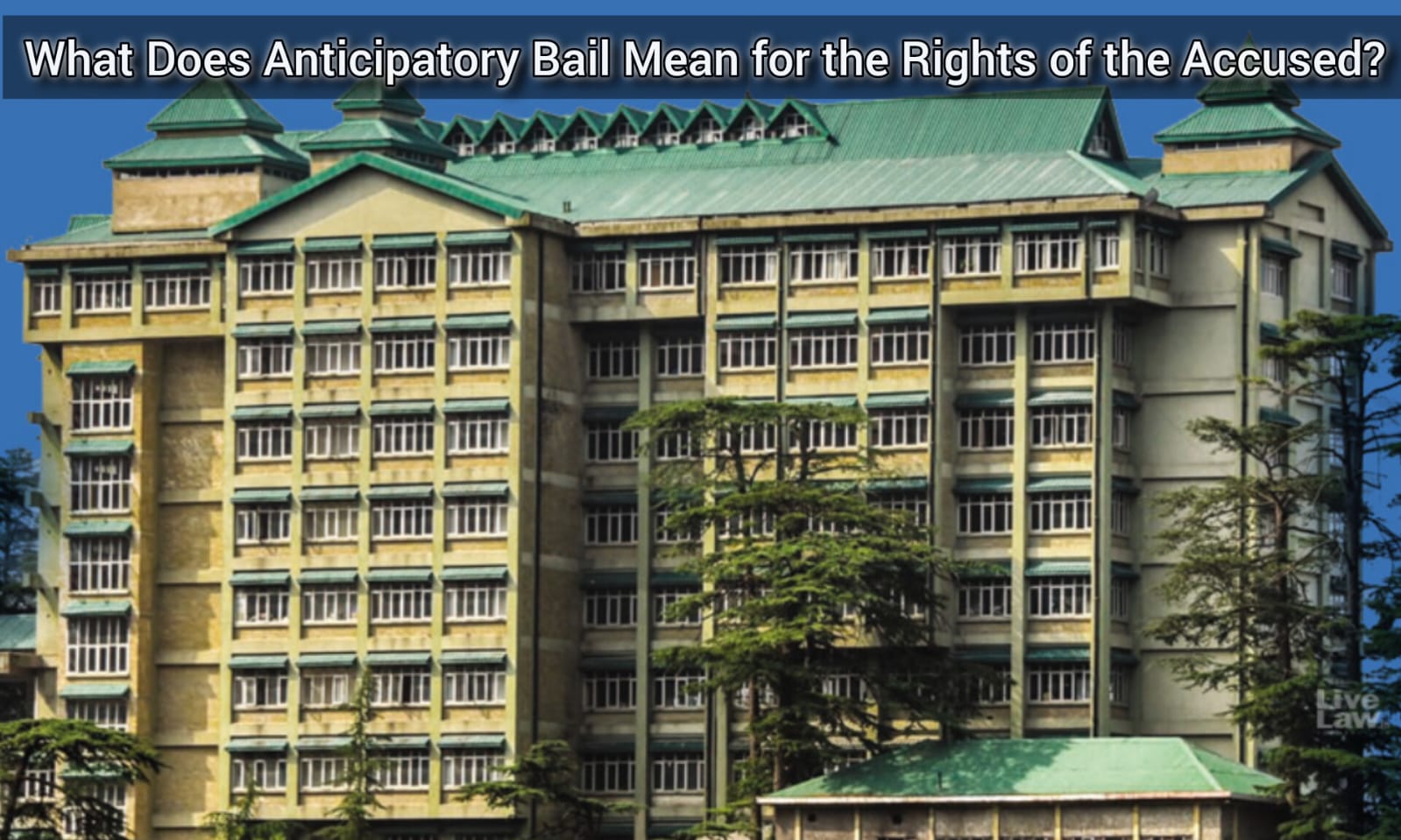Introduction
In the case of anticipatory bail which had been offered by Krishan Kumar Kasana, the case involved intimidation and so called stalking as per the latest law development carried out by Himachal Pradesh High Court. The ruling highlights the value of strict interpretation of law in the anticipatory bail provisions and just reinstates the fact that criminal laws have to be applied in letters and words of the law.
Case of the Anticipatory Bail History
The issues had started when Krishan Kumar Kasana, a businessman was charged with a number of crimes according to the Bharatiya Nyaya Sanhita (BNS), namely, obstructing a public servant (Section 221), threatening injury (Section 224), and non-bailable stalking (Section 78). The accusations were motivated by a conflict with a pollution control officer in the region, whose counteraction on behalf of the business inclined towards Kasana. The policeman claimed that he was intimidated by Kasana as the latter took photos of his wife and attempted striking his car. A case was immediately booked prompting anticipatory bail.
Legal Anticipatory Bails
According to Kasana in his counsel, his act that was caused by circumstances of taking photographs of the officer wife did not fulfill the statutory definition of stalking under Section 78 of BNS. They emphasized that they should not deny anticipatory bail unless there is prima facie authority against non-bailable crimes with specific definition in law. The State reacted on the argument that call detail records (CDRs) showed that Kasana stalked the officer and his wife. It also argued that allowing anticipatory bail may act as a hindrance to the investigations.
The Anticipatory Bail Observations of High Court
During the anticipatory bail application hearing, Justice Rakesh Kainthla carefully evaluated the existence of the constituents of the offense of stalking. As observed by the Court, the Section 78 punishes acts, in which an individual continuously stalks a woman, tries to have any unwanted personal contact, or track digital activity even after obvious lack of interest. Anything as basic as photography did not qualify in this regard. Thus, predicate crime of stalking did not prima facie appears to be established.
The Court notes that additional and custodial interrogation no longer becomes a necessity here and therefore, it grants Kasana antenuptial bail.
Legal implications to the Anticipatory Bail
It is a significant aspect highlighted in this judgment of anticipatory bail that courts are obligated to provide a legal clarity aspect before the bail is denied on non-bailable offences. The case affirms that the acts as simple as taking photos without additional invasive and repetitive behaviours do not necessarily premise to stalking. Therefore, it does not amount to a stretch of imagination to invoke the anticipatory bail when the crime does not have any statutory content.
Conclusion
The judgement of the Himachal Pradesh High Court in Krishan Kumar Kasana v. State of Himachal Pradesh & Anr. is a big reaffirmation to the doctrine of anticipatory bail and lies should be available unless a cognizable offence is distinctly proved under rule. Through the granting of the bail, the Court once again instated that criminal laws should not be assumed; they must be interpreted accurately. The case can be used as a relevant precedence in future cases concerning a possible anticipatory bail, especially in drawing the thin line of being questionable or doing something that is criminal and consequently prosecuteable.
About Author
Asmi Basu, a fifth-year, ninth-semester, Int. BBA LL.B (H.), law student at the Department of Juridical Science, JIS University, Kolkata, demonstrates a developing expertise in legal writing, with a keen interest in the dynamic legal environment. Her areas of focus include Criminal Laws, Human Rights, Women and Child Laws, Corporate Law, Property and Land Laws, and Constitutional Law and remedies. Ms. Basu is committed to leveraging her writing to advocate for social issues that warrant focused attention from relevant authorities.

